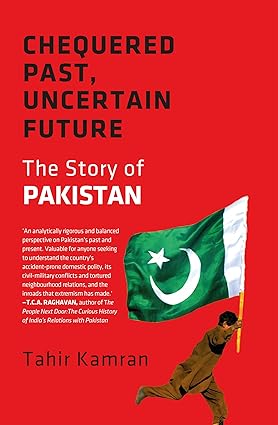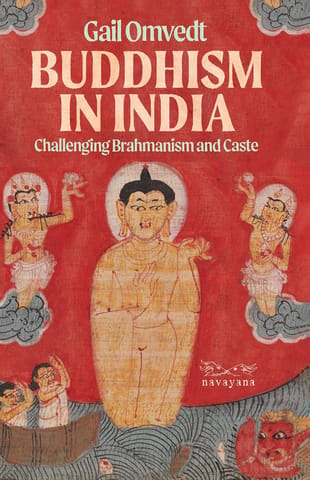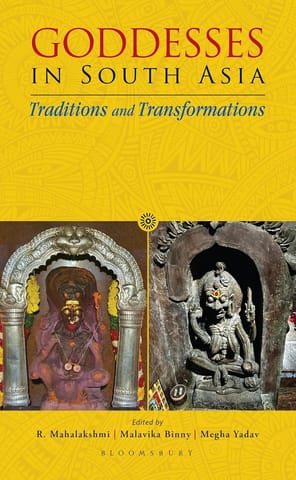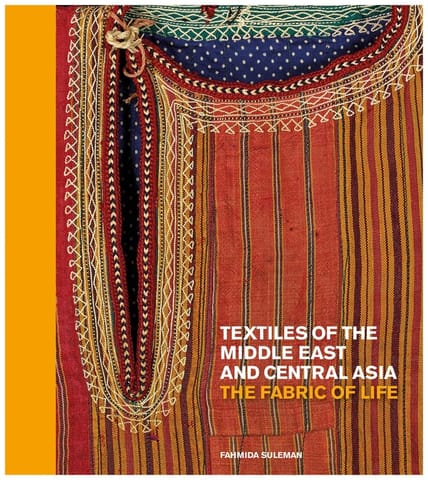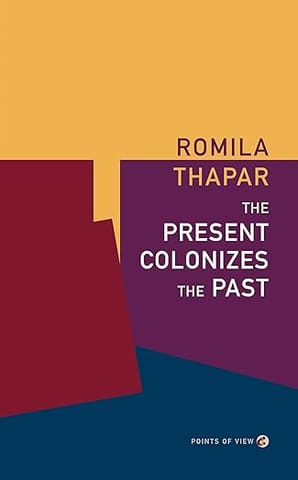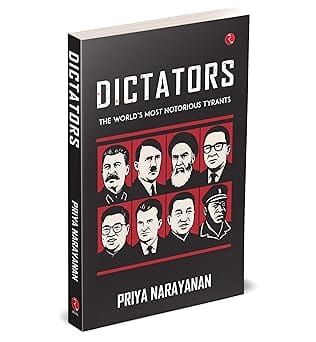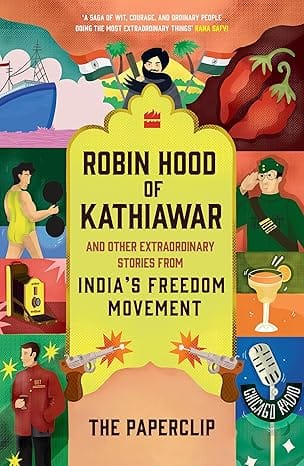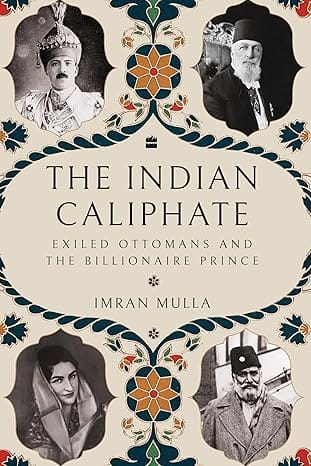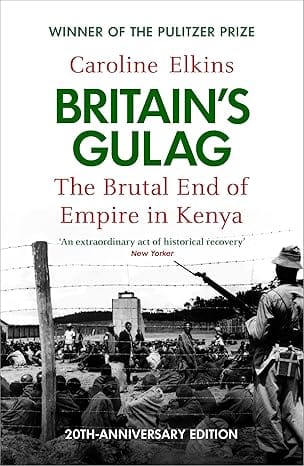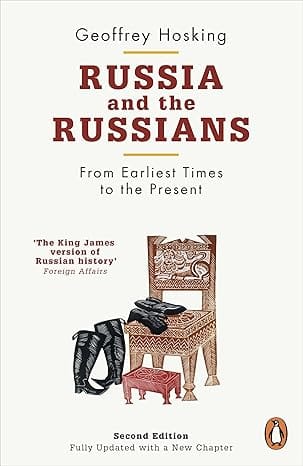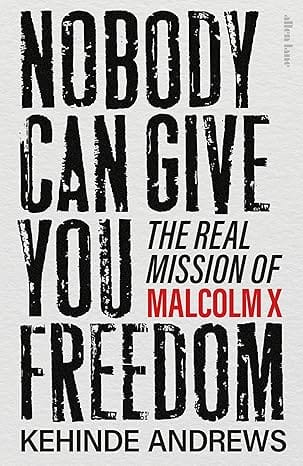- Non-ficton
- Non-ficton
- Contemporary Fiction
- Contemporary Fiction
- Children
- Children
- Comics & Graphic Novels
- Comics & Graphic Novels
- Non-Fiction
- Non-Fiction
- Fiction
- Fiction
This vast and important book takes us on a sweeping journey through the ebbs and flows of Pakistan’s history, from the ‘Baluchi village cultures’ preceding the Indus Valley Civilization, to contemporary times. It uncovers influences from Turkey, Persia, Arabia and Britain that shaped Pakistan, as well as showcasing the region’s diverse and rich ancient tapestry of peoples, and its multicultural society. The book also describes the post-1947 shift— following the partition of India, after decades of Muslim nationalism, and the eventual establishment of the Islamic Republic of Pakistan—as the country became more religiously conservative and autocratic, intensifying sectarian and ethnic divisions.
The bulk of the book comprises rigorously researched and compellingly narrated chapters on the promise, challenges, successes and failures of the Pakistani state—from the brief period of Jinnah as the supreme leader, and through the tenures of dictators and populists like Ayub Khan, Zulfikar Ali Bhutto, Zia-ul-Haq, Benazir Bhutto and Imran Khan, to the dubious coalition that assumed power in 2024.
As it narrates the history of Pakistan, this book also examines with extraordinary candour and clarity the challenges for democracy in a ‘nation state embedded in religious ideology’ and controlled, for most of its modern history, by a landed feudal elite and a ‘civil-military oligarchy’.
Tahir Kamran’s magisterial book tells the story of Pakistan as few other books have ever done.
About the Author
Chequered Past, Uncertain Future The Story Of Pakistan
SIZE GUIDE
- ISBN: 9789354477652
- Author: Tahir Kamran
- Publisher: Speaking Tiger
- Pages: 572
- Format: Paperback
Book Description
This vast and important book takes us on a sweeping journey through the ebbs and flows of Pakistan’s history, from the ‘Baluchi village cultures’ preceding the Indus Valley Civilization, to contemporary times. It uncovers influences from Turkey, Persia, Arabia and Britain that shaped Pakistan, as well as showcasing the region’s diverse and rich ancient tapestry of peoples, and its multicultural society. The book also describes the post-1947 shift— following the partition of India, after decades of Muslim nationalism, and the eventual establishment of the Islamic Republic of Pakistan—as the country became more religiously conservative and autocratic, intensifying sectarian and ethnic divisions.
The bulk of the book comprises rigorously researched and compellingly narrated chapters on the promise, challenges, successes and failures of the Pakistani state—from the brief period of Jinnah as the supreme leader, and through the tenures of dictators and populists like Ayub Khan, Zulfikar Ali Bhutto, Zia-ul-Haq, Benazir Bhutto and Imran Khan, to the dubious coalition that assumed power in 2024.
As it narrates the history of Pakistan, this book also examines with extraordinary candour and clarity the challenges for democracy in a ‘nation state embedded in religious ideology’ and controlled, for most of its modern history, by a landed feudal elite and a ‘civil-military oligarchy’.
Tahir Kamran’s magisterial book tells the story of Pakistan as few other books have ever done.
About the Author
User reviews
NEWSLETTER
Subscribe to get Email Updates!
Thanks for subscribing.
Your response has been recorded.

India's Iconic & Independent Book Store offering a vast selection of books across a variety of genres Since 1978.
"We Believe In The Power of Books" Our mission is to make books accessible to everyone, and to cultivate a culture of reading and learning. We strive to provide a wide range of books, from classic literature, sci-fi and fantasy, to graphic novels, biographies and self-help books, so that everyone can find something to read.
Whether you’re looking for your next great read, a gift for someone special, or just browsing, Midland is here to make your book-buying experience easy and enjoyable.
We are shipping pan India and across the world.
For Bulk Order / Corporate Gifting
 +91 9818282497 |
+91 9818282497 |  [email protected]
[email protected]
Click To Know More
QUICK LINKS
ADDRESS
Shop No.20, Aurobindo Palace Market, Near Church, New Delhi

